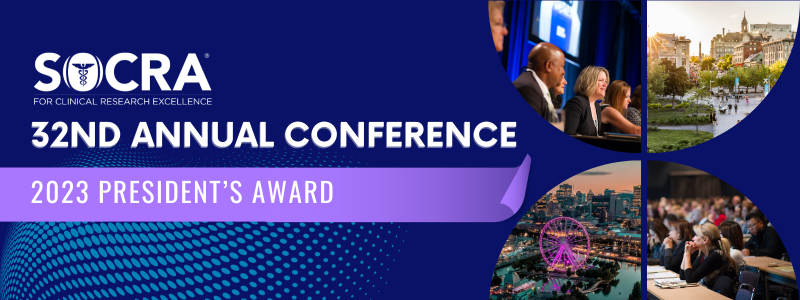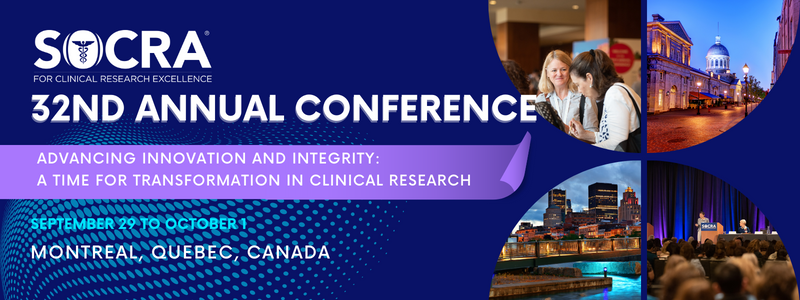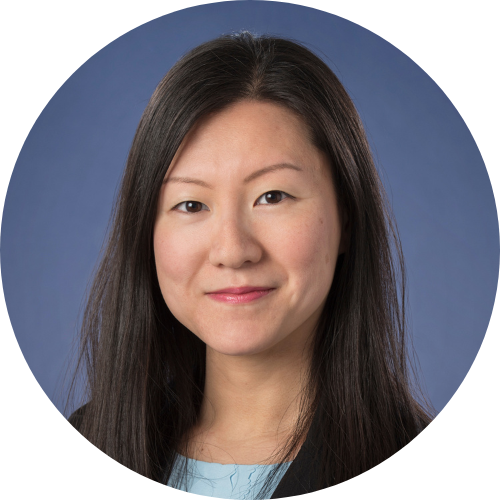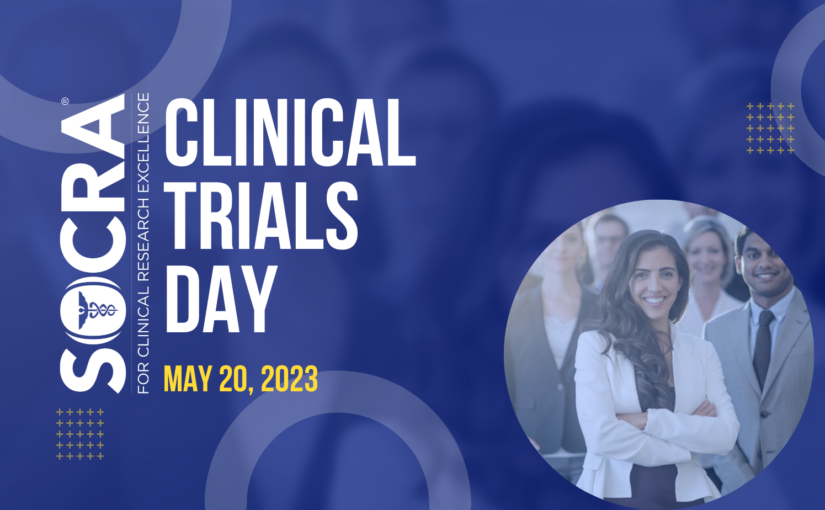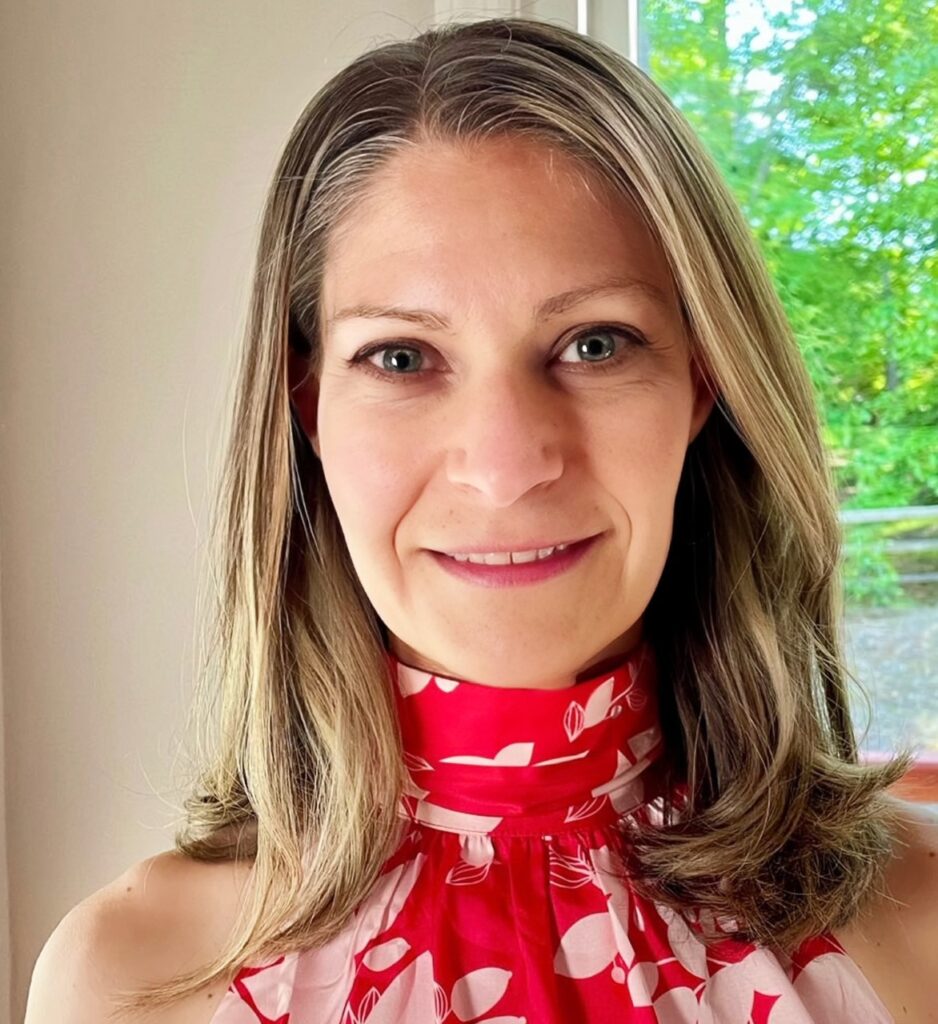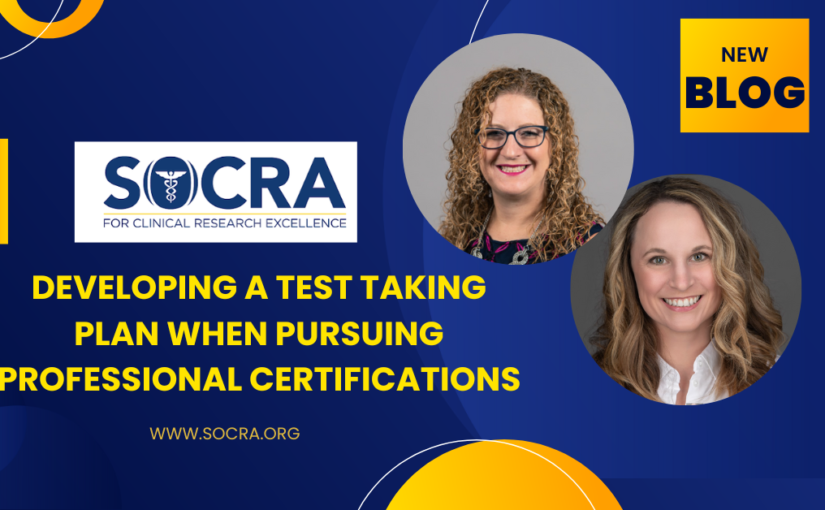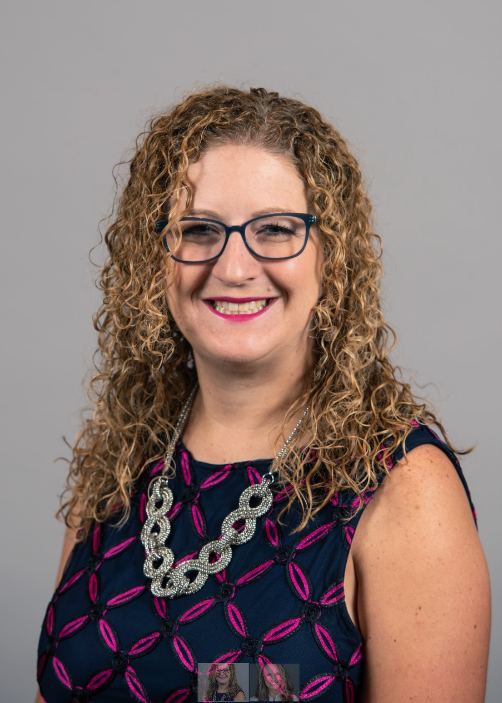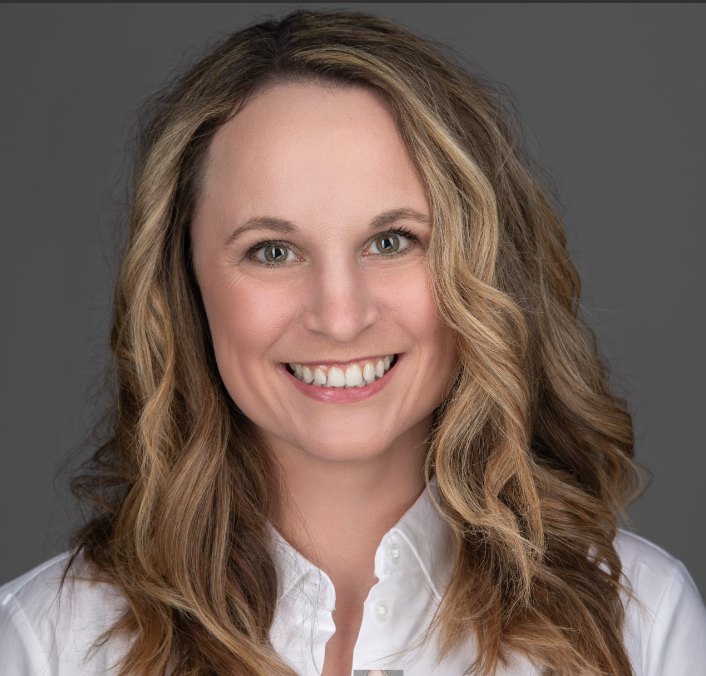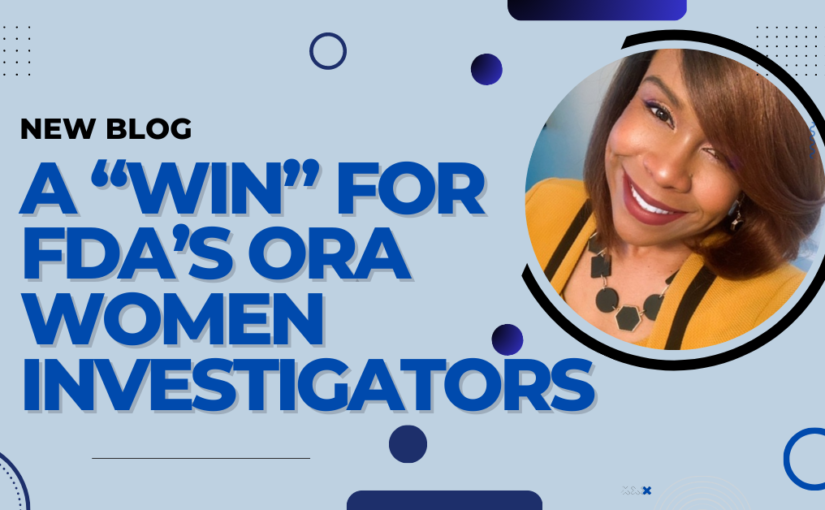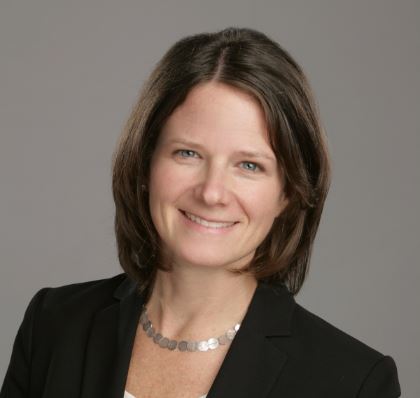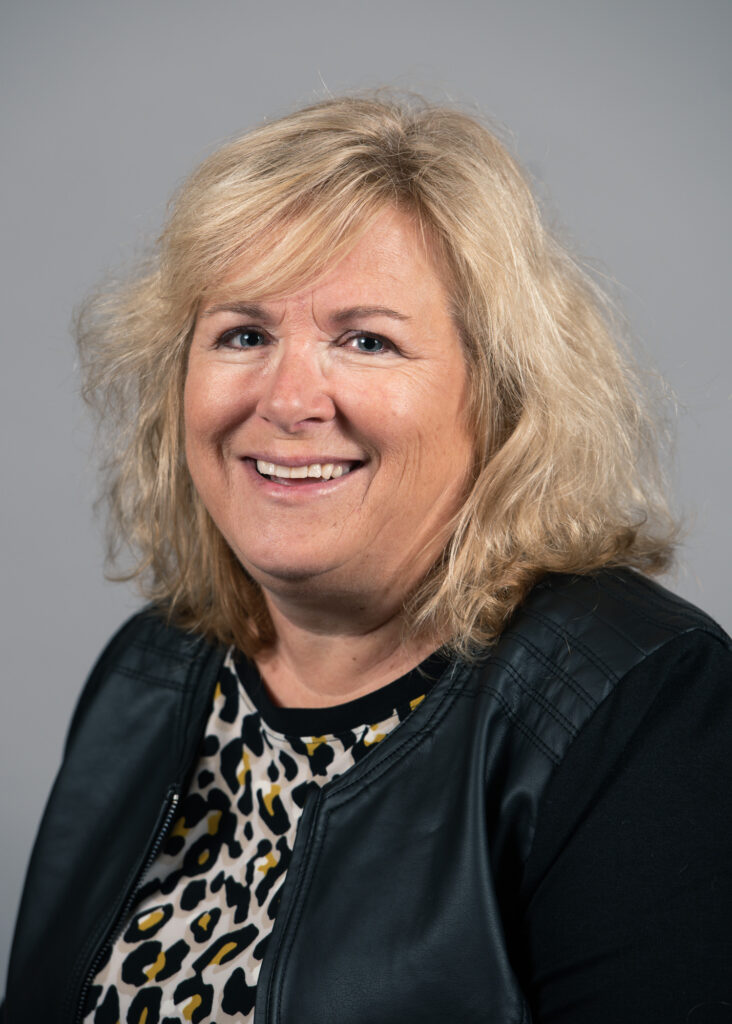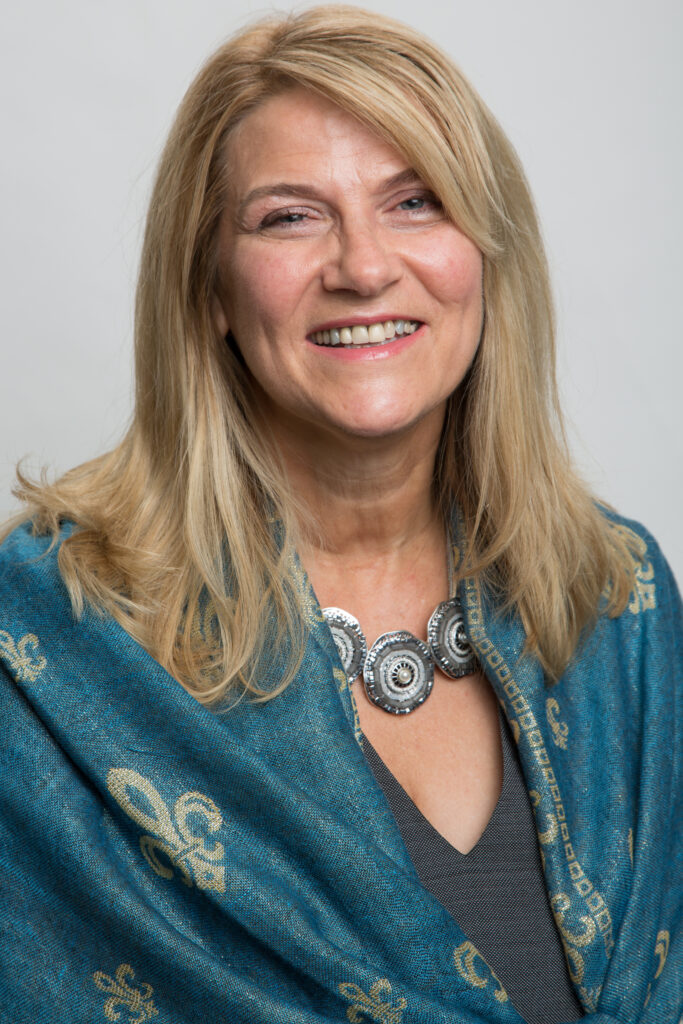
Tammy Neseth, MA, CCRP, CIP
The global clinical research community will converge live and in-person from September 29 – October 1 at SOCRA’s 2023 Annual Conference in Montreal, QC, Canada. During the event, we will present the President’s Award to Tammy Neseth, MA, CCRP, CIP, in recognition of her exceptional service and commitment to SOCRA’s mission.
With a foundational career at the Mayo Clinic focusing on colorectal cancer screening, Tammy has worked extensively in the clinical research regulatory and compliance sectors. Her journey includes pivotal roles, most notably as the Director of Operations for the Mayo Clinic Institutional Review Board. A Saint Mary’s University of Minnesota graduate, Tammy has been a dedicated member of SOCRA since 2003, undertaking leadership positions including (but not limited to) co-chairing the SOCRA Oncology Conference and the SOCRA Site Coordinator / Manager Workshop, leading the SOCRA Southeast Minnesota Chapter, and serving on the SOCRA Certification Committee and Board of Directors.
Join us as we delve into a candid conversation with Tammy about her career journey, her take on clinical research, her experience with SOCRA, and a wealth of insights and inspiration.
Continue reading Catching up with 2023 SOCRA President’s Award Winner Tammy Neseth, MA, CCRP, CIP →
